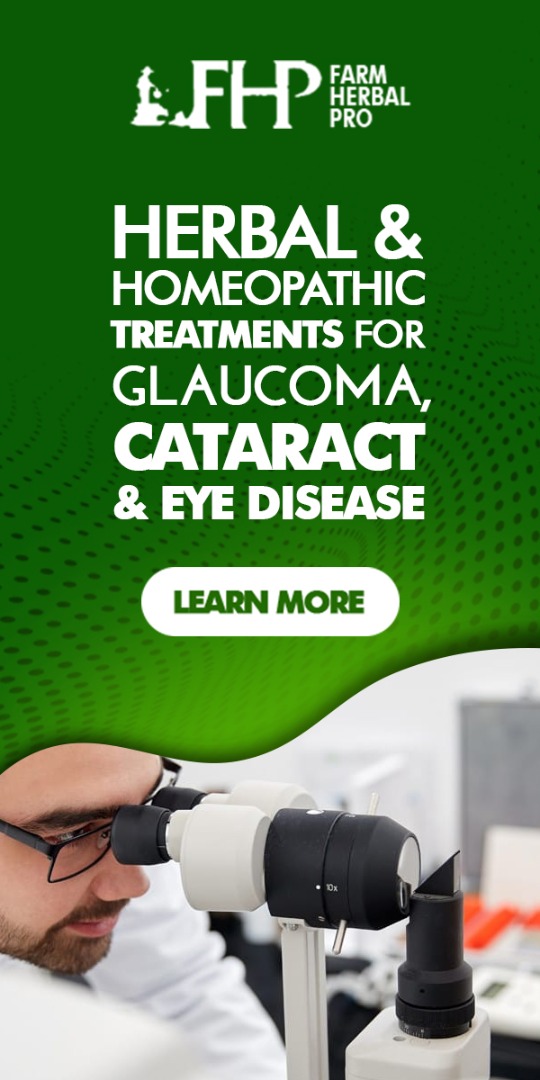What is Alzheimer’s disease?
Alzheimer’s disease is a progressive loss of mental function, characterized by degeneration of brain tissue, including loss of nerve cells, the accumulation of an abnormal protein called beta-amyloid, and the development of neurofibrillary tangles.
Symptoms and Signs of Alzheimer’s disease
Alzheimer’s disease begins slowly. Its first manifestation involves the parts of the brain that control thought, memory and language. People with Alzheimer’s disease may have trouble remembering things that have happened recently or names of people they know. They may be asking repetitive questions, frequently misplacing objects or forgetting appointments.
Over time, symptoms of Alzheimer’s disease get worse. They may not recognize family members. They may have trouble speaking, reading or writing. They may forget how to brush their teeth or comb their hair. Later on, they may become anxious or aggressive, or wander away from home.
Eventually, they need total care, totally dependent on others. This can cause great stress for family members who must care for them.
Causes of Alzheimer’s disease
What causes Alzheimer disease is unknown, but genetic factors play a role: About 5 to 15% of cases run in families. Several specific gene abnormalities may be involved. Some of these abnormalities can be inherited when only one parent has the abnormal gene. That is, the abnormal gene is dominant. An affected parent has a 50% chance of passing on the abnormal gene to each child. About half of these children develop Alzheimer’s disease after age 60. The risk goes up as you get older.
Alzheimer’s disease is also thought to be caused by the abnormal build-up of proteins in and around brain cells.
One of the proteins involved is called amyloid, deposits of which form plaques around brain cells.
The other protein is called tau, deposits of which form tangles within brain cells.
Although it’s not known exactly what causes this process to begin, scientists now know that it begins many years before symptoms appear.
As brain cells become affected, there’s also a decrease in chemical messengers (called neurotransmitters) involved in sending messages, or signals, between brain cells. Levels of one neurotransmitter, acetylcholine, are particularly low in the brains of people with Alzheimer’s disease.
Over time, different areas of the brain shrink. The first areas usually affected are responsible for memories.
Other several factors are known to increase the risk of developing alzheimer’s disease, such as;
• Age
The greatest known risk factor for Alzheimer’s is increasing age, but Alzheimer’s is not a normal part of aging. While age increases risk, it is not a direct cause of Alzheimer’s.
Most individuals with the disease are 65 years and older. After age 65, the risk of Alzheimer’s doubles every five years. After age 85, the risk reaches nearly one-third.
But it’s not just older people who are at risk of developing Alzheimer’s disease. Around 1 in 20 people with the condition are under 65. This is called early or young -onset Alzheimer’s disease and it can affect people from around the age of 40.
• Cardiovascular disease
The risk of developing Alzheimer’s disease appears to be increased by many conditions that damage the heart and blood vessels. These include heart disease, diabetes, stroke, high blood pressure and high cholesterol.
• Head injury
There is a link between head injury and future risk of Alzheimer’s disease. Head injury is known to result in the appearance of plaques and tangles as well as clinical symptoms of cognitive impairment. Alzheimer’s disease, however, develops in many people who have not sustained head injuries. Head injury, therefore, cannot be a necessary step in the development of Alzheimer’s disease but it could be a risk factor to its development.
• Nutrition
Lack of specific nutrients such as Vitamin B12 or more global malnutrition are seen in people with Alzheimer’s disease, but it’s not clear whether poor diet is an effect rather than cause of cognitive decline.
Prevention of Alzheimer’s disease
Preliminary, observational evidence suggests that risk of Alzheimer disease may be decreased by the following:
• Continuing to do challenging mental activities (eg, learning new skills, doing crossword puzzles) well into old age
• Exercising
• Controlling hypertension
• Lowering cholesterol levels
• Consuming a diet rich in omega-3 fatty acids and low in saturated fats
Homeopathic Remedies for Alzheimer’s Disease
In Alzheimer’s disease, the brain tissues get damage due to the accumulation of beta-amyloid protein in the brain. Homeopathy works well in Alzheimer’s disease perhaps by inhibiting the amyloid protein synthesis and also reactivating the damaged neurons to normal form.
In our Farm Herbal Pro Homeopathy Online Treatment Center peoples suffering from Alzheimer’s disease have benefitted using our advanced homeopathic treatment packages. We apply the most scientific and research based homeopathy treatment package for Alzheimer’s disease. In many cases, our medicines have benefited patients greatly by effectively halting the spread of the disease.
So, if you or someone you know happens to suffer any time from Alzheimer’s disease, you can go for homeopathy without a second thought.
For your homeopathic treatment and medicines, consult the Homeopath Oluwafunmise…on 08028366901 or 08183554665.




